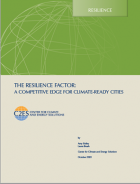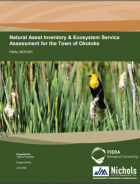Land Use Planning Topics
Sustainability: Rural
References that have links are freely available on the internet.
Bezlepkina, I., Reidsma, P., Sieber, S., & Helming, K. (2011). Integrated assessment of sustainability of agricultural systems and land use: methods, tools and applications.
No abstract
Fish, R., Winter, M., & Lobley, M. (2014). Sustainable intensification and ecosystem services: new directions in agricultural governance. Policy Sciences, 47(1), 51-67.
Reconciling environmental objectives for land use with the need to produce more food is a prominent concern of scientific and policy discourses on sustainable agriculture. The idea of sustainable intensification has emerged as one prominent framing of this challenge. In this paper we elaborate this idea from an ecosystem services perspective to natural resource management, with particular reference to developments in the UK. The paper considers the general origins and attributes of the perspective and how the challenge of sustainable intensification would be conceptualized and approached through it. While efforts to link analysis of ecosystem services to policy development and delivery in the UK are revealed as consistent with prevailing, and often long standing, approaches to sustainable agriculture, the marketization of environmental assets is highlighted as a distinguishing feature of current policy applications. The character and limitations of this facet of the ecosystem services agenda are discussed. The need to animate ecological issues of sustainable intensification through frames of reference other than those of economic valuation is emphasized.
Qiu, F., Laliberté, L., Swallow, B., & Jeffrey, S. (2015). Impacts of fragmentation and neighbor influences on farmland conversion: A case study of the Edmonton-Calgary Corridor, Canada. Land Use Policy, 48, 482-494.
Under heavy development pressure, farmland is rapidly being converted to non-agricultural uses such as houses, roads, and industrial uses. A great deal of research has investigated these farmland losses and their associated drivers. However, the existing empirical studies have neglected two important issues related to farmland conversion: spillover effects from neighboring areas and the impacts of farmland fragmentation. This study incorporates fragmentation and neighboring impacts into the farmland conversion analysis and provides new insights for the land-use/cover change literature. Empirical results indicate that increases in fragmentation further encourage farmland conversion to urban uses, but the effects are not linear with decreasing marginal influences. Land-use activities and decisions have strong spillover effects on neighboring areas. Ignoring this externality could result in biased estimates and marginal effects and thus misleading policy decisions and recommendations.






